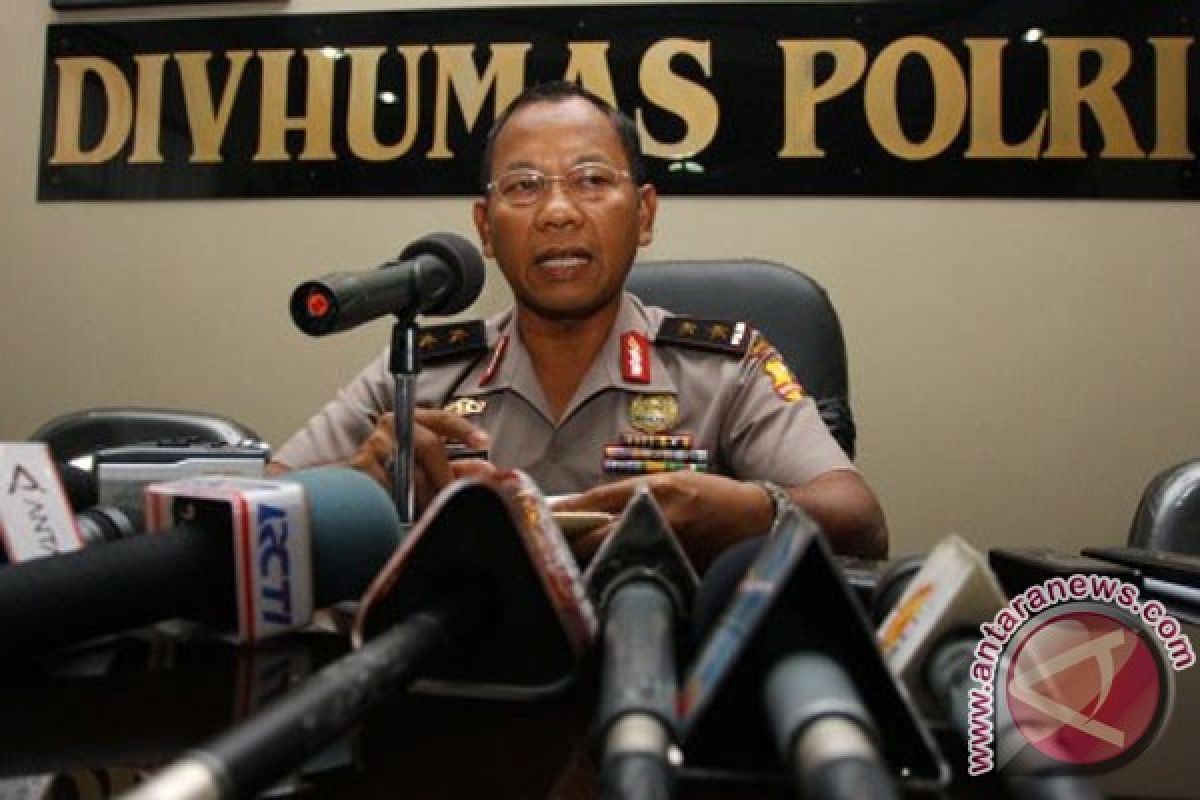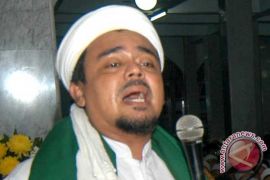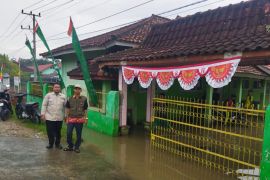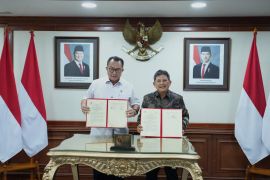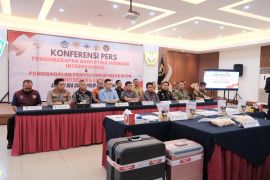"According to our records, the FPI engaged in violence and destructive behavior in 29 cases in 2010 and in 5 cases in 2011 in the following regions: West Java, Banten, Central Java, North Sumatra, and South Sumatra," Insp Gen Saud Usman Nasution, head of the National Police`s public relations division, said here Friday.
So far, he said, the police had mainly played a role in facilitating the central and regional governments in supervising and nurturing existing mass organizations to keep them from taking high-handed or arbitrary actions in exercising their freedom of expression. "There are certain rules that must be observed and if a violation happens, it is our job to legally process it," he said.
A mass organization could be freezed or disbanded if it had committed or was responsible for certain unlawful acts such as fanning inter-ethnic, inter-religious or inter-racial enmity, discrediting the government, obstructing development, disrupting political and security stability, Saud said.
Before a mass organization was disbanded, the governor, district chief or mayor of the region concerned must reprimand the mass organization involved in writing. If in three months` time, the warning is ignored, the government can dissolve the organization, he said.
Meanwhile, FPI chairman Habib Rizieq , accompanied by some of his associates, on Friday came to the religious affairs ministry where he was received by Minister Suryadharma Ali and the ministry`s secretary general, Bahrul Hayat.
Habib told reporters he had come to the ministry to explain that the aims of FPI`s struggle were justice and eradicating corruption. He also said the FPI had undergone a paradigm change.
Referring to the violent incidents that recently happened at the home affairs ministry and a few other places,he said they were no longer characteristic of FPI`s activities. "We have abandoned that paradigm." he said.
(Uu.H-AJM/H-YH)
Editor: Priyambodo RH
Copyright © ANTARA 2012
